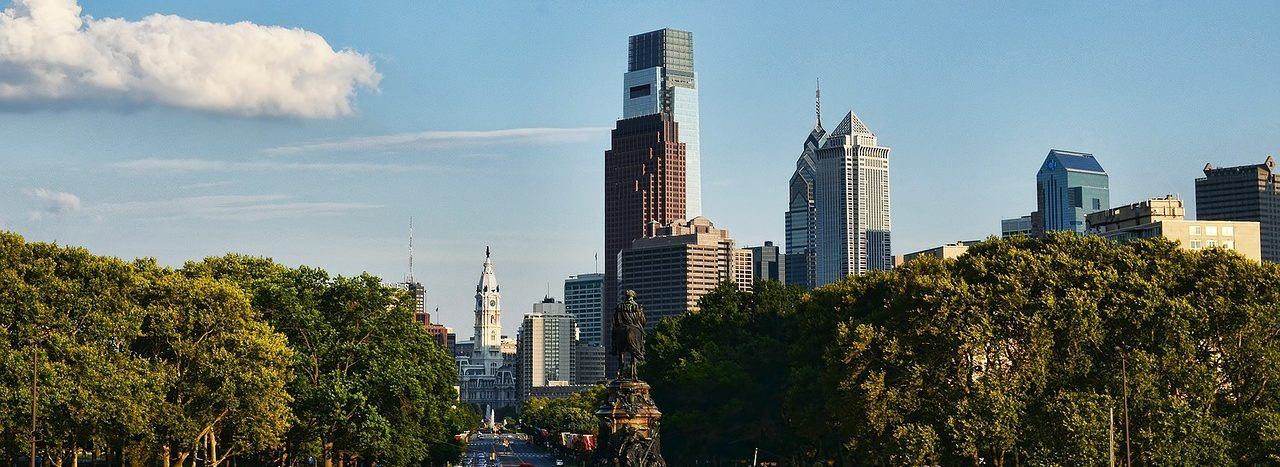-
The Power Trio: Exploring THC, CBD, and Terpenes in Medical Cannabis
For individuals new to medical cannabis, understanding its primary components—THC, CBD, and terpenes—is essential. These…
-
Why Pre-Rolls Are the Smart Choice for Philly Cannabis Users
In the fast-moving streets of Philadelphia, convenience is key—and cannabis consumers know it. Pre-rolled joints…
-
Measuring Up: Cannabis Weights and Their Importance
In Philadelphia, medical cannabis is regulated under Pennsylvania state law, which means patients must understand…
-
Bob Marley: The Reggae Legend and the Spiritual Essence of Cannabis
Bob Marley, born Robert Nesta Marley on February 6, 1945, in Nine Mile, Saint Ann…

